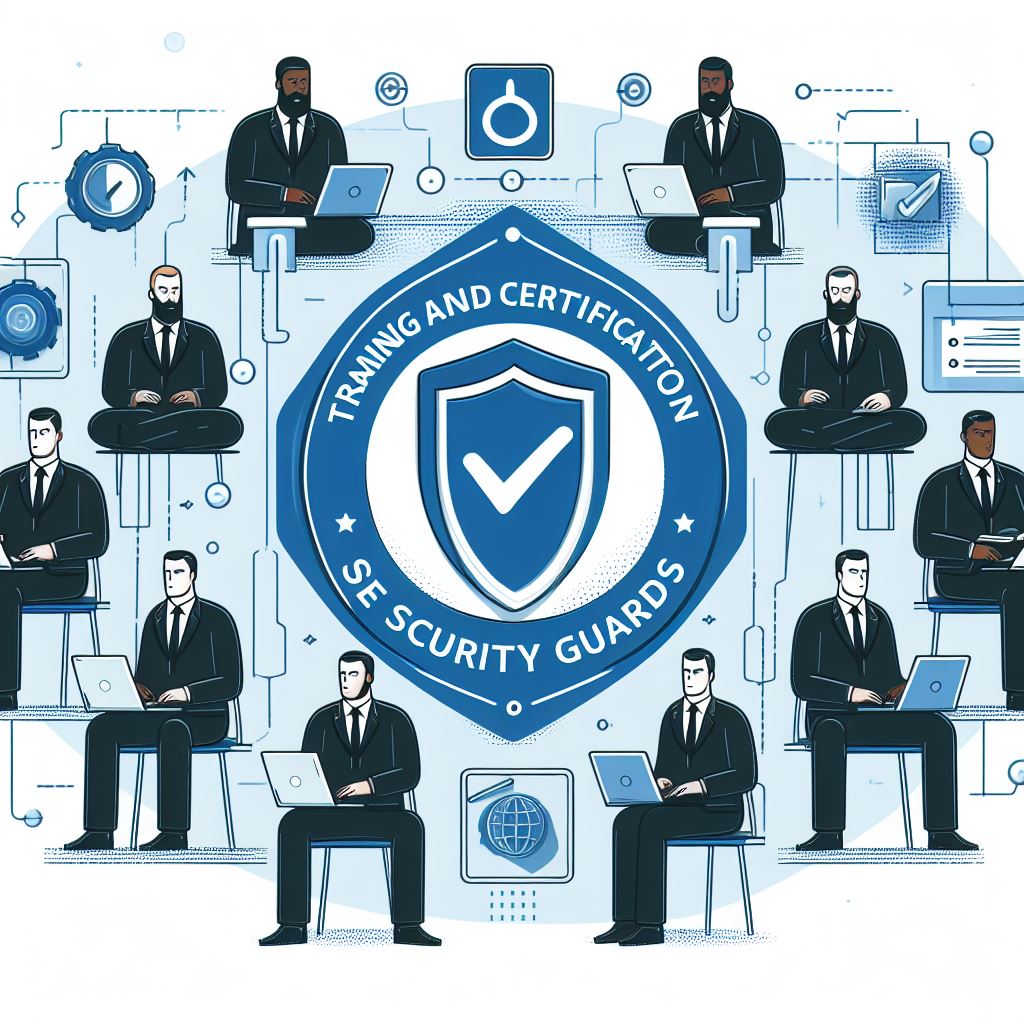Introduction:
Security is of paramount importance in maintaining order, protecting assets, and ensuring the safety of individuals. In the United Arab Emirates (UAE), the role of security guards is crucial in various sectors, including residential complexes, commercial establishments, and public spaces. To uphold high standards of professionalism and competence, the UAE has implemented a comprehensive training and certification process for security guards. This article explores the key elements of this process and sheds light on the significance of well-trained security personnel in maintaining a secure environment.
1. Regulatory Framework:
The UAE’s security industry is governed by stringent regulations set forth by the government. The primary authority responsible for overseeing security guard training and certification is the Security Industry Regulatory Agency (SIRA). SIRA plays a pivotal role in establishing the guidelines, standards, and accreditation processes for security companies and their guards.
2. Eligibility and Prerequisites:
To become a security guard in the UAE, candidates must meet certain eligibility criteria, including being at least 21 years old, possessing a good conduct certificate, and having a minimum level of education (typically high school or equivalent). Additionally, candidates should have a strong moral character and a commitment to upholding the law and maintaining order.
3. Training Modules:
The training for security guards in the UAE covers a wide range of essential skills and knowledge. It typically includes theoretical classroom sessions and practical hands-on training. The core training modules include:
- Security Procedures and Protocols: Understanding security principles, access control, and emergency response protocols.
- Conflict Management and De-escalation Techniques: Learning how to handle conflicts and defuse potentially dangerous situations peacefully.
- First Aid and Emergency Response: Training in basic first aid, CPR, and emergency response procedures.
- Fire Safety and Evacuation: Understanding fire safety measures and evacuation procedures in case of emergencies.
- Customer Service Skills: Emphasizing the importance of providing exceptional customer service while maintaining security standards.
4. Language Proficiency:
Since the UAE is a multicultural country, proficiency in the Arabic language is often a requirement for security guards, especially in public-facing roles. However, English proficiency is also essential, as it is widely spoken and serves as a common language for communication.
5. Certification and Licensing:
Upon successful completion of the training program, candidates must pass an examination to obtain their security guard license. This license is mandatory to work as a security guard legally within the UAE. The license is typically valid for a specific period and needs to be renewed after expiry, subject to fulfilling further training requirements.
6. Continuing Education and Professional Development:
To ensure that security guards stay up-to-date with the latest industry practices and technology, the UAE emphasizes continuous education and professional development. Regular refresher courses and workshops are organized to enhance their skills and knowledge.
Conclusion:
The UAE’s training and certification process for security guards play a crucial role in maintaining a safe and secure environment for residents and visitors alike. By setting rigorous standards and providing comprehensive training, the UAE ensures that security guards are equipped with the necessary skills to handle diverse challenges effectively. This commitment to professionalism and competence in the security industry reflects the UAE’s dedication to creating a secure and harmonious society.

